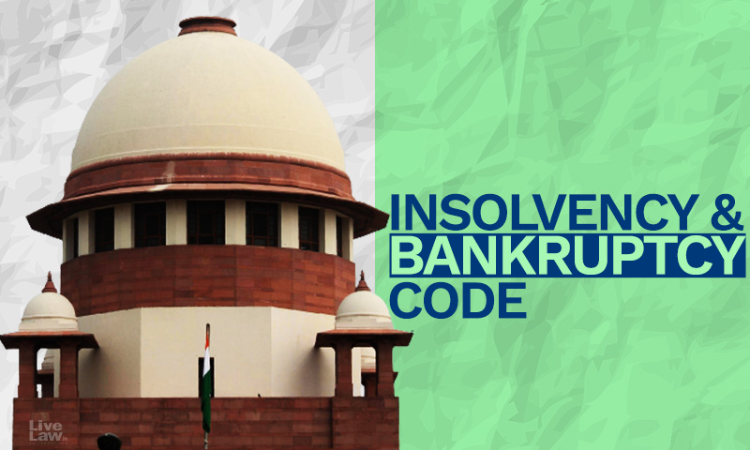Creditor Will Not Become 'Financial Creditor' Under IBC If A Corporate Debtor Has Only Given Security By Pledging Shares, Without Undertaking To Discharge Borrower's Liability: Supreme Court
LIVELAW NEWS NETWORK
4 Feb 2021 9:17 AM IST

Next Story
4 Feb 2021 9:17 AM IST
